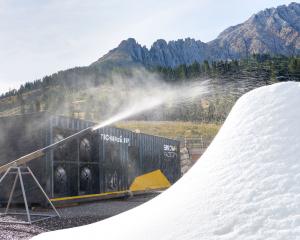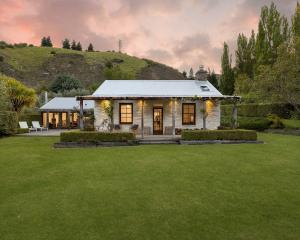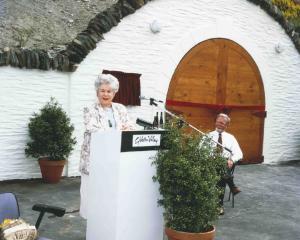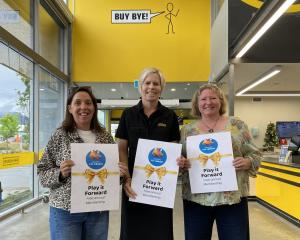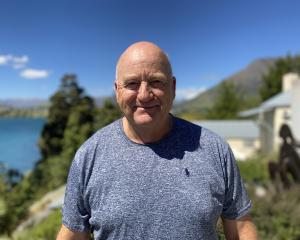
The Crimson Badger Brewing and Ryder Specialty Coffee boss says he went to the Destination Queenstown (DQ)-organised event to learn from what others were doing.
"It proved to be very, very beneficial," McAllister says.
"You can make small changes in a business — one thing at a time — and it doesn’t have to cost a lot of money. But eventually it pays dividends."
Electrify Queenstown — being held again this May — aims to encourage businesses and households to electrify, decarbonise and save money.
Last year’s one-day event was over-subscribed, with more than 100 people attending. As a result, DQ’s ramped up this year’s edition, creating a three-day programme of events from May 26.
During the first two days, there’s an impressive line-up of speakers, including Australian-American inventor and author Saul Griffith, local philanthropist Rod Drury and economist Geoff Simmons.
Days two and three will feature displays, workshops and field trips to electrification projects in the Whakatipu.
McAllister, who started Ryder Specialty Coffee 18 months ago, bought New Zealand’s first electric roasting machine last year, which led to a 90% reduction in its carbon emissions.
He says he’s become increasingly focused on sustainability as a result of operating a brewing company.
He’s pivoted to more sustainable practices in that business, but starting up Ryder’s given him an opportunity to build a business from the ground up with those practices bedded in.
Attending Electrify Queenstown last year led to a business ‘green’ loan, aimed at sustainability initiatives, which financed the purchase of an electric forklift for his Glenda Dr premises.
He also met a team from the Planetary Accounting Network, which helps businesses quantify their impact on the environment.
Queenstown Business Chamber boss Sharon Fifield says she’s thrilled with the line-up of experts confirmed for this year’s event, and the ideas they’ll be sharing for businesses and households to save money while decarbonising.
“It’s important, in what’s recently been a tough economic climate, that any changes made in your business don’t sacrifice your bottom line."



